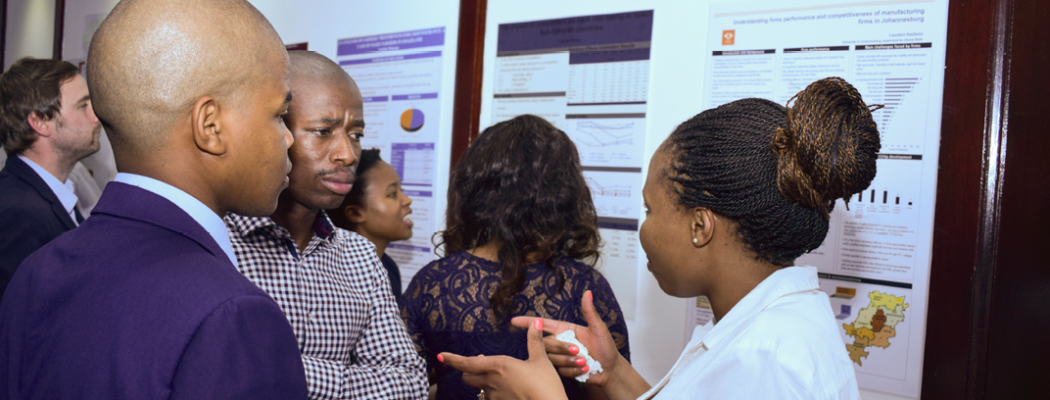The alcohol and tobacco use and labour market nexus in South Africa
Substance abuse is a significant public concern for global society. Using the National Income Dynamic Study wave four data, this study applies the multinomial endogenous switching regression technique to examine the impact of substance use (alcohol use and tobacco use) on labour market outcomes in South Africa. This method controls for any potential selection bias and endogeneity problems. The results from the regression (first stage of the multinomial endogenous switching regression) reveal that individuals’ decisions to consume alcohol only, tobacco only, and a combination of both are driven by socioeconomic, health, and demographic factors. The estimated average treatment effect (second stage of the multinomial endogenous switching regression) shows that substance use reduces individuals’ earnings in almost all cases and increases working hours. The findings suggest that efforts to control the use of alcohol and tobacco in South Africa should focus more on sensitization programmes which address the health, psychological, and economic implications of using these substances.





